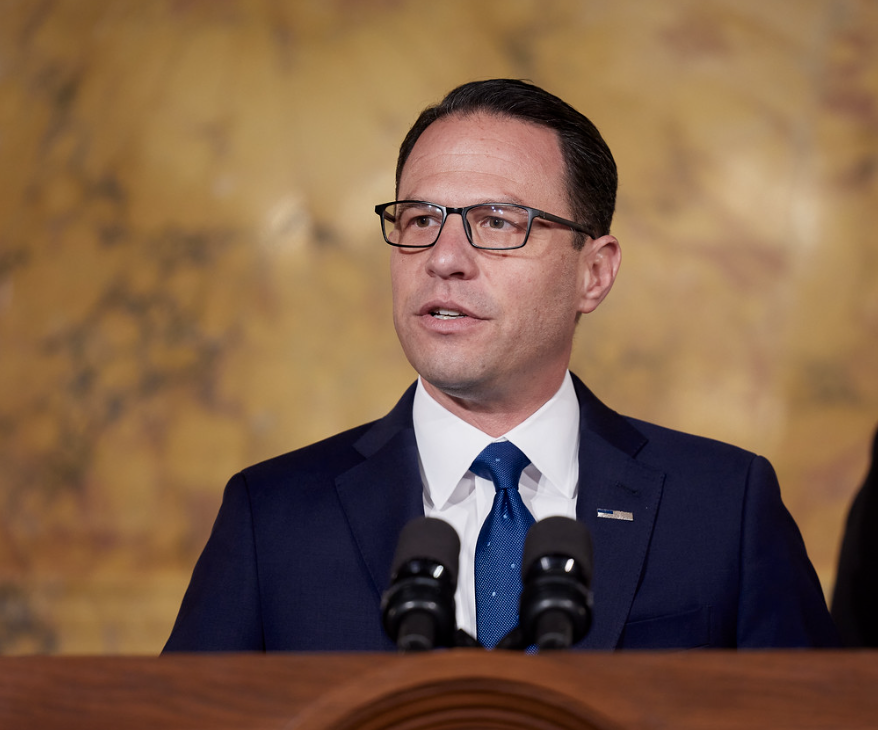Gov. Josh Shapiro has a unique opportunity to lead Pennsylvania through some of its most pressing issues. However, his approach to governing has left many frustrated, particularly in areas like transportation, education, and political accountability. With his eyes on the future, particularly the prospect of higher office, Shapiro risks losing sight of his primary responsibility: serving the people of Pennsylvania.
It’s time for Shapiro to focus on actions over words when addressing the state’s problems rather than relying on political expediency. One of the most pressing challenges is the financial instability of SEPTA, Pennsylvania’s largest transit agency. Shapiro has suggested using federal highway funds to address SEPTA’s budget shortfalls, but this is a shortsighted solution.
Federal funds should be reserved for maintaining highways and reducing traffic congestion, not for propping up a failing transit system. Shapiro has yet to rally the Pennsylvania legislature to find a long-term solution, and his failure to do so speaks to his inability to lead effectively. Temporary fixes, like federal bailouts, will not address SEPTA’s ongoing financial crisis and are merely distractions from the real issue.
This lack of leadership extends beyond transportation to other critical areas, such as education. Gov. Shapiro has contradicted his platform of educational reform by vetoing the Lifeline Scholarship program, which would have provided families in failing public schools with the opportunity to attend private institutions. By vetoing this bipartisan initiative, Shapiro has denied parents more educational choices for their children.
A true leader would work across the aisle to provide better opportunities for all Pennsylvanians, whether through public or private schooling. Shapiro’s veto sends a message that he is more interested in political calculations than in genuinely improving Pennsylvania’s education system.
Equally concerning is Shapiro’s handling of ethical and workplace issues within his administration. His failure to address allegations of sexual harassment involving his former secretary, Mike Vereb and current Secretary Akbar Hossian, raises questions about his commitment to accountability and transparency.
A governor who is serious about ethical leadership should take swift action to address such allegations and hold those responsible accountable. Additionally, Shapiro’s silence on political matters like Bucks County Commissioner Diane Ellis-Marseglia’s open defiance of a Pennsylvania Supreme Court ruling on illegal ballots is deeply troubling. This inaction undermines the rule of law and calls into question Shapiro’s commitment to upholding Pennsylvania’s democratic institutions.
Gov. Shapiro has the political capital to address these issues head-on, but his failure to so reflects a broader leadership problem. His reliance on temporary fixes and avoidance of hard political work only deepens the state’s challenges. Pennsylvanians deserve more than superficial victories and political finger-pointing—they deserve a leader who can unite the state, build coalitions, and address the root causes of the problems facing the Commonwealth.

